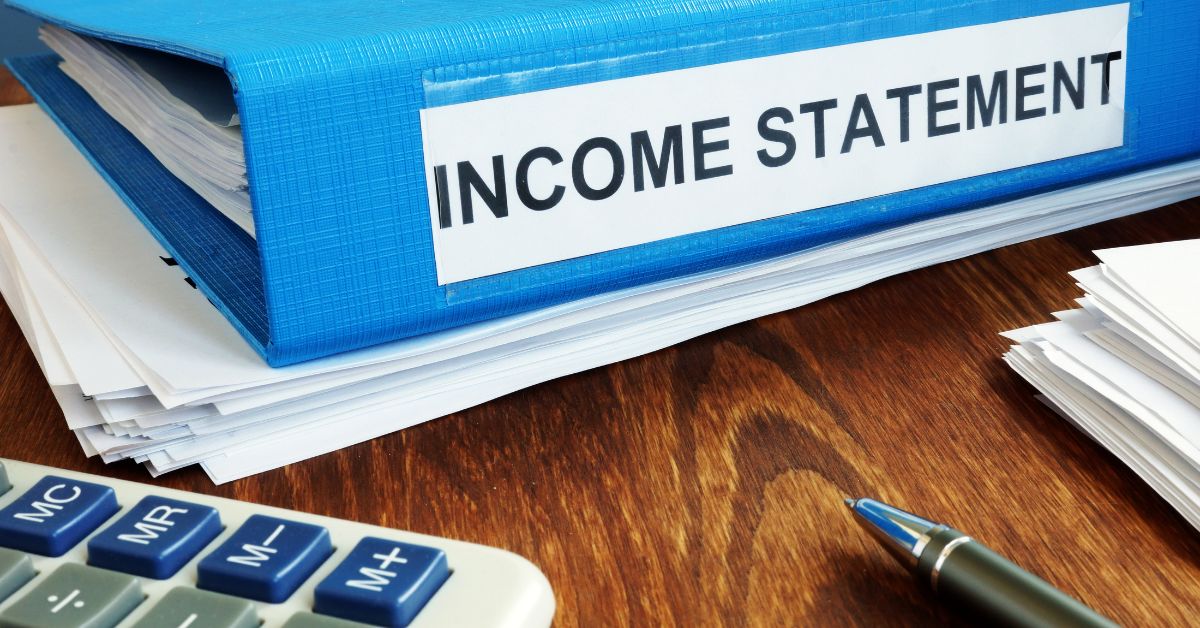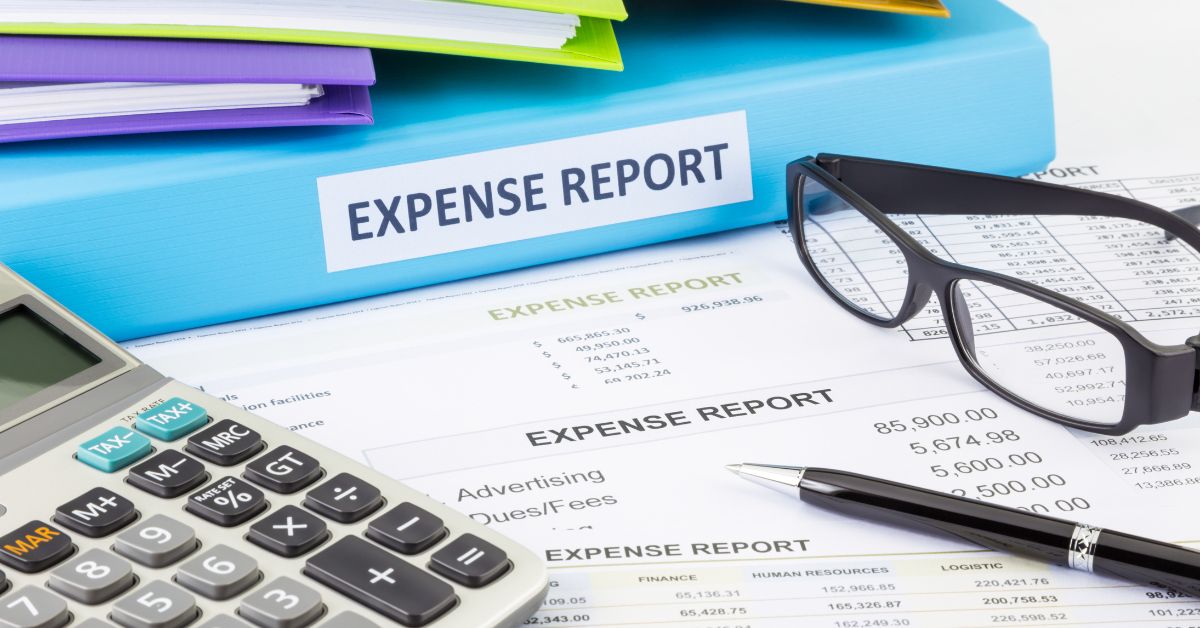1. Understand Common Tax Deductions
The first step to maximizing tax deductions is knowing which expenses qualify. While deductions may vary by industry, certain tax write-offs apply to most small businesses:
- Home Office Deduction: If you use part of your home exclusively for business, you may be eligible for this deduction. Calculate the space’s square footage relative to your home’s total area to determine the deductible amount.
- Business Equipment and Supplies: Includes computers, printers, office supplies, and other business tools. Keep receipts and records of purchases to support these claims.
- Vehicle Expenses: If you use your car for business purposes, deduct vehicle-related expenses by choosing between actual expenses (e.g., gas, repairs, insurance) or the IRS standard mileage rate.
- Travel and Meals: Deduct business-related travel expenses like airfare, hotel stays, and meals (typically 50% deductible).
- Professional Fees and Services: Costs for accountants, lawyers, or consultants are deductible as they are essential for business operations.
- Marketing and Advertising: Expenses for digital marketing, business cards, and promotional events are fully deductible.
- Employee Salaries and Benefits: Deduct wages paid to employees and contractors, including associated benefits.
2. Document Expenses Properly
Properly documenting expenses is essential for claiming deductions and substantiating claims if questioned by the IRS.
- Keep Detailed Receipts: Maintain digital or physical copies of receipts for every business purchase. Use apps or accounting software to scan and organize receipts.
- Maintain a Mileage Log: For vehicle expenses, keep a detailed log of business-related trips.
- Organize Financial Statements: Use bank and credit card statements as proof for larger expenses and regularly reconcile accounts.
- Label Personal and Business Expenses: Separate business and personal expenses using dedicated business accounts for clarity.
3. Take Advantage of Industry-Specific Deductions
Certain industries have unique deductions that can enhance tax savings.
- Oil & Gas: Key deductions include Intangible Drilling Costs (IDCs), Tangible Drilling Costs (TDCs), Depletion Allowance, Section 199A Deduction, and Lease Operating Expenses.
- Construction: Deductions for tools, machinery, safety equipment, and staff training expenses.
- Real Estate: Office expenses, vehicle expenses, marketing, professional fees, education, home office deduction, and client-related expenses.
- Manufacturing: Deductions include Cost of Goods Sold (COGS), depreciation, R&D credits, energy efficiency deductions (Section 179D), wages and benefits, loan interest, and maintenance costs.
- Health and Wellness Services: Specialized equipment, certifications, and office space.
- Cannabis Products: With legislative efforts in Oklahoma and other states, cannabis businesses may find relief through proposed state-level deductions and tax exemptions for certain purchases.
4. Leverage Depreciation
Assets that contribute to long-term business functionality depreciate over time. The IRS allows deductions for portions of asset costs each year.
- Section 179 Deduction: Deducts the full cost of eligible assets in the purchase year.
- Bonus Depreciation: Allows immediate deduction of a significant portion of qualified asset costs.
5. Optimize Deductions Strategically
Strategic use of deductions is essential for maximizing tax savings.
- Prepay Business Expenses: Shifting expenses like insurance or rent into the current year can help maximize current-year deductions.
- Invest in Employee Benefits: Contributions to employee health insurance and retirement plans are deductible and promote workforce satisfaction.
Final Tips for Small Business Owners
- Work with a Tax Professional: Navigating complex tax laws can be overwhelming. Enlisting Vertices ensures you receive tailored, expert advice and leverage all available deductions.
- Stay Updated: Tax regulations change frequently. Vertices can help keep you compliant and informed on IRS rules and tax law updates.
- Plan Ahead: Make tax planning part of your ongoing financial strategy. Regular financial reviews can help you stay on track and avoid last-minute stress
By identifying and claiming the most impactful tax deductions, documenting your expenses carefully, and employing strategic planning, you can significantly reduce your tax bill and retain more of your profits. Use these tips and rely on Vertices to guide your tax preparation, ensuring a more financially successful year. Reach out to Vertices for personalized solutions to all your bookkeeping and tax preparation needs, and set your business up for financial success.






